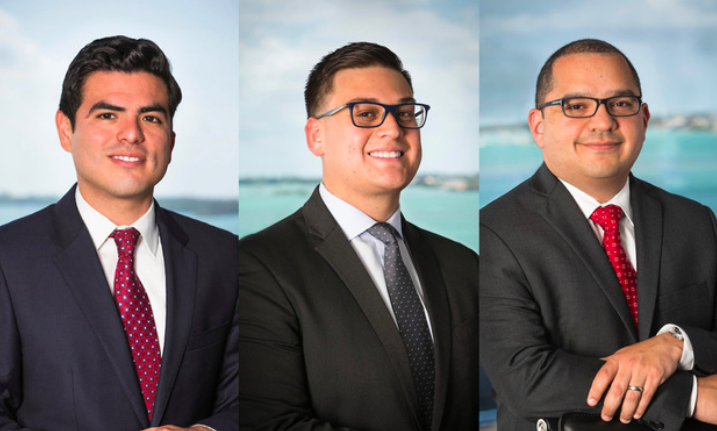New ‘Substantial Doubt’ Standard for Foreign Judgment Enforcement in Fla.
A recent change to a state law concerning the recognition and enforcement of foreign judgments in Florida may make it easier to avoid payment of valid debts.
By Arnoldo B. Lacayo, Juan J. Mendoza and Andres H. Sandoval

A recent change to a state law concerning the recognition and enforcement of foreign judgments in Florida may make it easier to avoid payment of valid debts. An amendment to the Uniform Out-of-Country Foreign Money- Judgment Recognition Act (the act) adds two further grounds for denial of recognition of foreign country money-judgments, potentially making it harder to recognize and enforce foreign judgments in the Sunshine State, a jurisdiction already viewed domestically and abroad as a debtor’s haven due to its generous exemptions.
On March 19, House Bill No. 623 was signed into law and, per Article III, Section 9 of the Florida Constitution, went into effect on May 9. The bill adds two discretionary grounds to Section 55.605(2), Fla. Stat., to challenge recognition of a foreign money-judgment. Under these additional grounds, a Florida court need not recognize a foreign money-judgment if the judgment was rendered in circumstances that “raise substantial doubt about the integrity of the rendering court” or “the specific proceeding in the foreign court leading to the judgment was not compatible with the requirements of due process of law.” These new grounds apply only to judgments of other countries and not to judgments of other U.S. states, territories or commonwealths.
Enacted in Florida in 1994, the act largely follows the 1962 version of the Uniform Foreign Money-Judgments Recognition Act (the Uniform Act), promulgated by the National Conference of Commissioners on Uniform State Law (the NCCUSL). The act applies to final, conclusive, and enforceable money-judgments of other countries. Generally, such judgments are entitled to recognition under the act; however, there are several mandatory and discretionary grounds set forth in Section 55.605, Fla. Stat., upon which a court may deny recognition.
While the purpose of the act is to “provide a speedy and certain framework for recognition of foreign judgments,” Laager v. Kruger, 702 So. 2d 1362, 1363 (Fla. 3d DCA 1997), in practice, this may not be the case.
At first glance, the new amendment may seem unnecessary as the act already provides avenues to challenge recognition of a foreign judgment if it is “rendered under a system which does not provide impartial tribunals or procedures compatible with the requirements of due process of law,” or if it is “obtained by fraud.” The official comment to the Uniform Act draws a distinction between the new and existing grounds by stating that the focus of these two new grounds is on the integrity and procedure of the specific court that rendered the judgment, rather than on the judicial system of the foreign country.
Nevertheless, one potential concern is that the amendment invites a case-by-case review of foreign judgments, rather than further the “speedy and certain framework” the act intended to establish. This concern is compounded by the uncertainty as to the application of the nebulous “substantial doubt” standard when evaluating the “integrity” of the foreign court. Based on this language, some may argue that a debtor need only present enough evidence to raise substantial doubt in the mind of the trier of fact rather than affirmatively demonstrating fraud. Thusly, at face value, the amendment appears to welcome the enterprising debtor to argue the interpretation and limits of these new provisions in an effort to delay and possibly frustrate the recognition and enforcement of a legitimate foreign judgment.
Though the “substantial doubt” standard appears broad and ambiguous, it should in fact be narrowly interpreted. The NCCUSL explains that the standard is tantamount to “a showing of corruption in the particular case that had an impact on the judgment that was rendered.” At least two courts have followed the NCCUSL’s guidance in this respect. See In re Carmona, No. 16-50155, 2018 WL 889358, at *13 (Bankr. S.D. Tex. Jan. 19, 2018); Savage v. Zelent, 243 N.C. App. 535, 545 (2015). Neither found “substantial doubt” as to the integrity of the foreign court.
In short, the new amendment may leave room for abuse if courts do not adhere to the guidance of the Uniform Act and the interpretation of other courts. If so, the nebulous “substantial doubt” standard should have minimal impact for experienced creditor’s rights and asset recovery lawyers seeking to enforce valid foreign judgments entitled to recognition in Florida.




Deixe uma resposta
Want to join the discussion?Feel free to contribute!